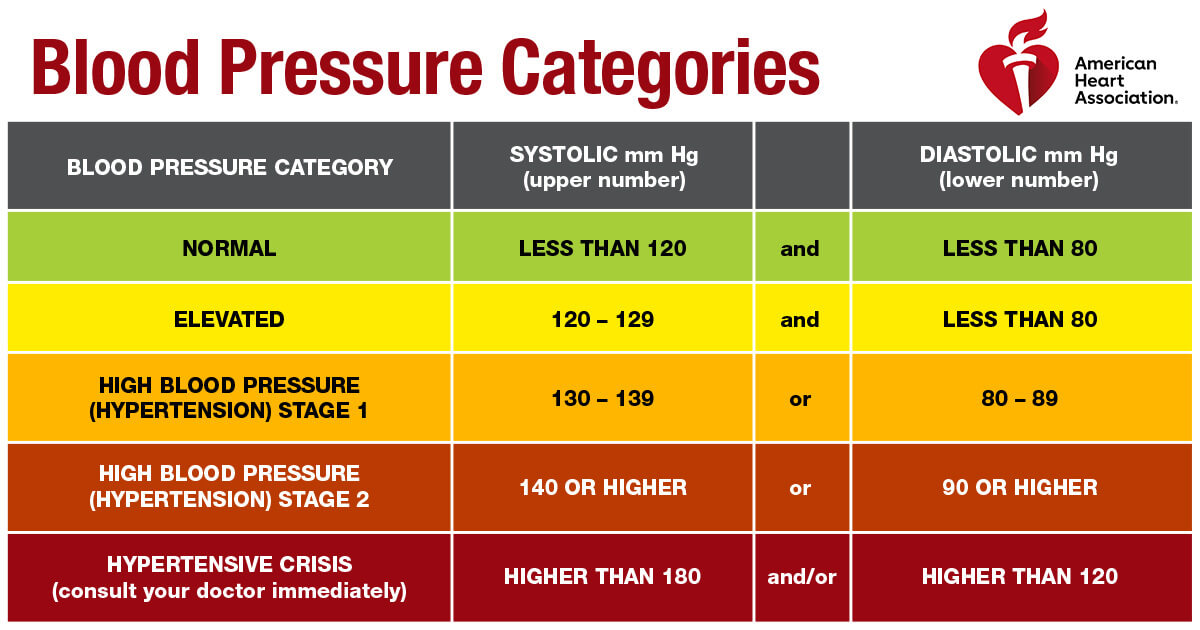💡What To Know:
- Getting fewer than 7 hours of sleep increased hypertension risk by 7%.
- Sleeping fewer than 5 hours increased the risk by 11%.
- In 2021, hypertension contributed to 691,095 deaths in the U.S., according to the CDC.
ATLANTA — Up all night? New research suggests your blood pressure may be up as well. A new study highlights an association between sleeping less than seven hours nightly and an increased risk of developing hypertension over time.
While this isn’t the first report to note an association between sleep patterns and high blood pressure, prior evidence regarding the exact nature of this relationship has been inconsistent, researchers explain. This latest analysis pooled data from 16 earlier studies conducted between January 2000 and May 2023, evaluating hypertension incidence across 1,044,035 individuals from six countries. None of the participants had a history of high blood pressure over a five-year period, and researchers followed up with them 2.4 to 18 years later.
A significant association appeared between short sleep duration and a higher risk of developing high blood pressure. This held true even after researchers accounted for demographic and cardiovascular risk factors like age, sex, education, BMI, blood pressure, and smoking status. Moreover, the association appears even stronger among those sleeping less than five hours nightly.
“Based on the most updated data, the less you sleep—that is less than seven hours a day—the more likely you will develop high blood pressure in the future,” says Kaveh Hosseini, MD, assistant professor of cardiology at the Tehran Heart Center in Iran and principal investigator of the study, in a media release. “We saw a trend between longer sleep durations and a greater occurrence of high blood pressure, but it was not statistically significant. Getting seven to eight hours of sleep, as is recommended by sleep experts, may be the best for your heart too.”
The study reveals that sleeping less than seven hours showed an association with a seven-percent increased risk of developing hypertension, which jumped to 11 percent if a person’s sleep duration dropped below five hours. As a point of comparison, Dr. Hosseini notes diabetes and smoking increase the risk of hypertension by estimates of at least 20 percent.

While the study did not look at why this might be the case, researchers say that disrupted sleep may be to blame. For instance, lifestyle habits or co-morbid conditions like overeating, alcohol use, nightshift work, certain medication use, anxiety, depression, sleep apnea, or other sleep disorders may be influential factors.
Study authors noted their surprise at not finding any age-based differences in the association between sleep duration and hypertension, considering sleep patterns tend to naturally shift with age. Participant age ranged from 35.4 years to 60.9 years, with over half (61%) being female. In comparison to men, females reporting less than seven hours of sleep showed a seven percent higher risk of developing high blood pressure.
“Getting too little sleep appears to be riskier in females,” Dr. Hosseini adds. “The difference is statistically significant, though we are not sure it’s clinically significant and should be further studied. What we do see is that lack of good sleep patterns may increase the risk of high blood pressure, which we know can set the stage for heart disease and stroke.”
Study authors stress it’s imperative for people to speak with their doctors about their sleep patterns, particularly if they are experiencing disrupted sleep potentially caused by obstructive sleep apnea. Sleep apnea has long been linked to higher rates of high blood pressure, stroke, and coronary artery disease.
It’s important to note this study had several limitations; sleep duration data came from self-reported questionnaires, which means changes in sleep duration over the follow-up period did not undergo assessment. Moreover, variations were present in definitions of “short sleep duration” between studies (fewer than five or six hours).
“Further research is required to evaluate the association between sleep duration and high blood pressure using more accurate methods like polysomnography, a method for evaluating sleep quality more precisely,” Dr. Hosseini concludes. “Moreover, the variations in reference sleep duration underline the need for standardized definition in sleep research to enhance the comparability and generalizability of findings across diverse studies.”
Researchers will present their findings at the American College of Cardiology’s Annual Scientific Session.
